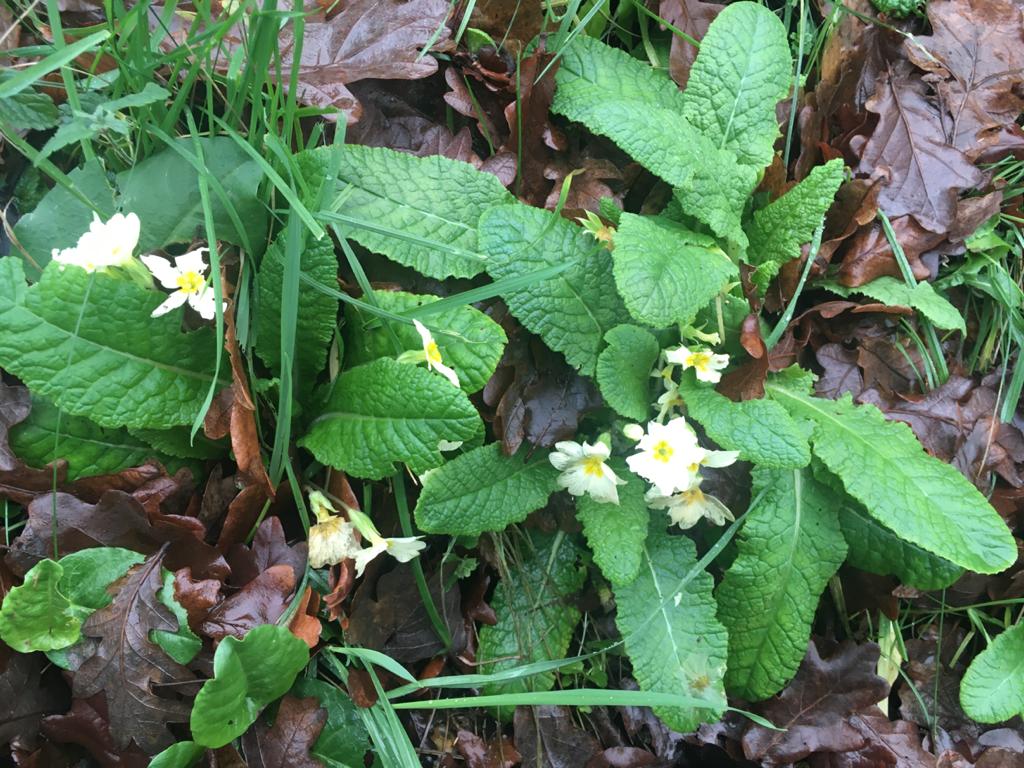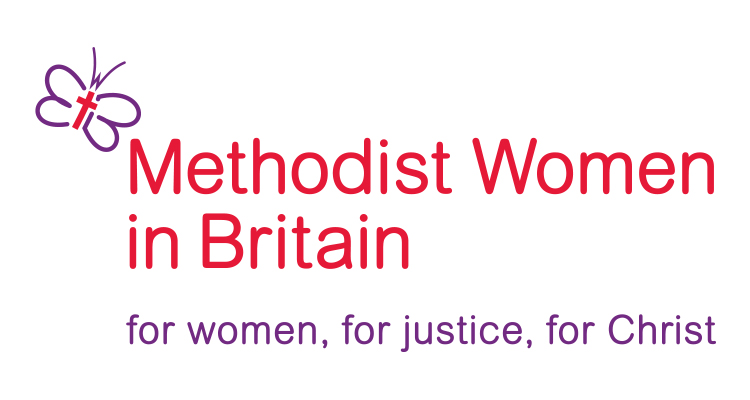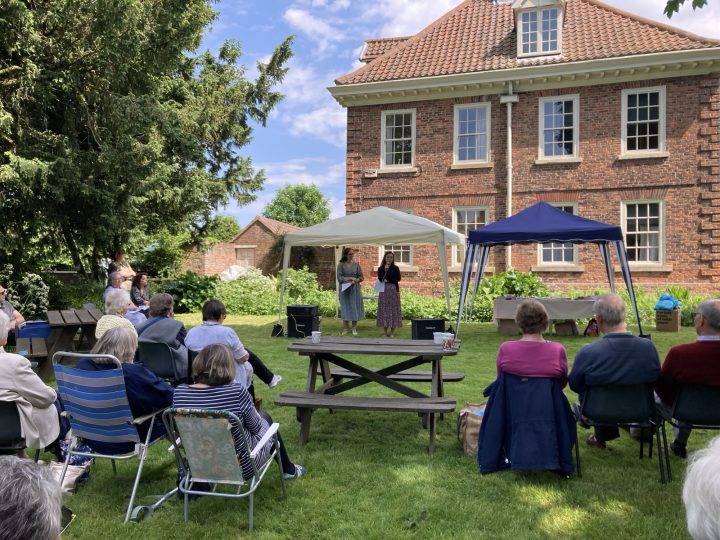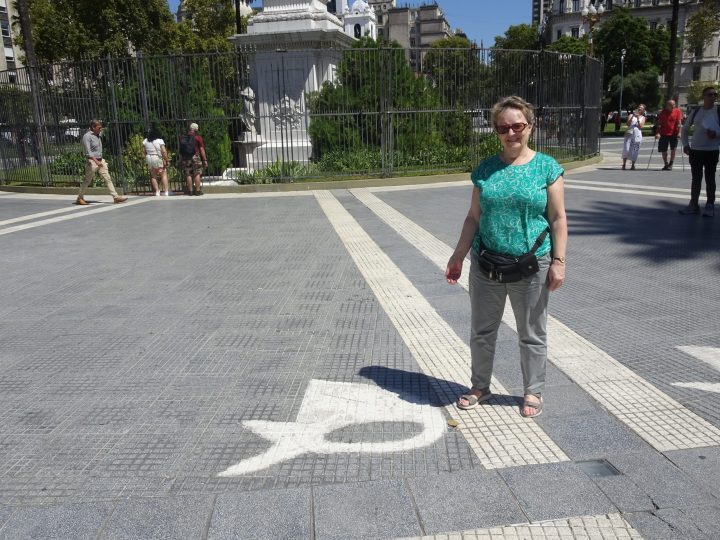
At the front of our house there is a shady, mossy bank. When we moved there I planted a good many primroses. Some of them have been in flower for the past couple of weeks.
I have always had a liking for primroses. They evoke childhood memories of visiting my mother’s ancestral village in the South West corner of Pembrokeshire in Spring, having freedom to roam the lanes and seeing primroses all along the banks. They have a delicacy which is exquisite, but are tough little plants that push through in often chilly conditions belying that appearance of daintiness.
However, seeing them now, although a delight, is also a concern. The mild weather has obviously encouraged them to flower sooner than one might expect, and they are not the only living things affected by the changes to our climate. Quite a number of the birds that regularly visit our feeders have been seen recently inspecting the nesting boxes.
Our news in recent days has been full of the wild fires in Australia, and talking to friends who have relatives on that vast continent, they tell me that even where their families are in safe areas, they are affected by ash falling and the atmosphere full of smoke. The image that we have of an Australian summer, full of beach parties and surfing, has disappeared as they are confined to being indoors unless they have to go out.
What has barely reached our media though is that there are wildfires across a huge swathe of central Africa, in much of Asia, Indonesia and parts of South America, and added to the fires the areas affected by sudden torrential rainfall, causing just as much damage. It is hard not to feel ‘down’, and tempting not to listen to any more news, and/or to feel that as individuals we are helpless to make a difference. BUT, and it’s a worthwhile but, We can all help. There is so much that is positive, and I believe we must hold on to, and share those positive aspects. There is less dire poverty overall in our world, more people have at least some education, more people have access to clean water and sanitation. There is still much to be done to achieve those basics for everyone, but aid agencies can respond more quickly to disasters because satellite systems now highlight key areas for focus. Communication systems have improved too. In addition, more agencies are working with people to provide sustainable ways of living.
So, what can we do? We too can think about how we live more sustainably. We are recommended to eat less meat, especially red meat, and more vegetables and lentils; to reduce our use of cars and use public transport more, walking or cycling where possible; to be careful of the amount of water we use [only 1% of the world’s water is fit for people to drink]; to ensure we waste as little as we can [around a third of food grown for our consumption is wasted]; to insulate our homes as far as we can to reduce heating. Finally, to let our leaders and politicians know our concerns, asking that they respond in positive ways to the significant issues.
2020 needs to be a year when we respond to what our world is telling us. The means to make changes are available, but it will need everyone’s participation to make the necessary amount of difference. Perhaps, like the primrose we need to be tough, but to express ourselves delicately.



